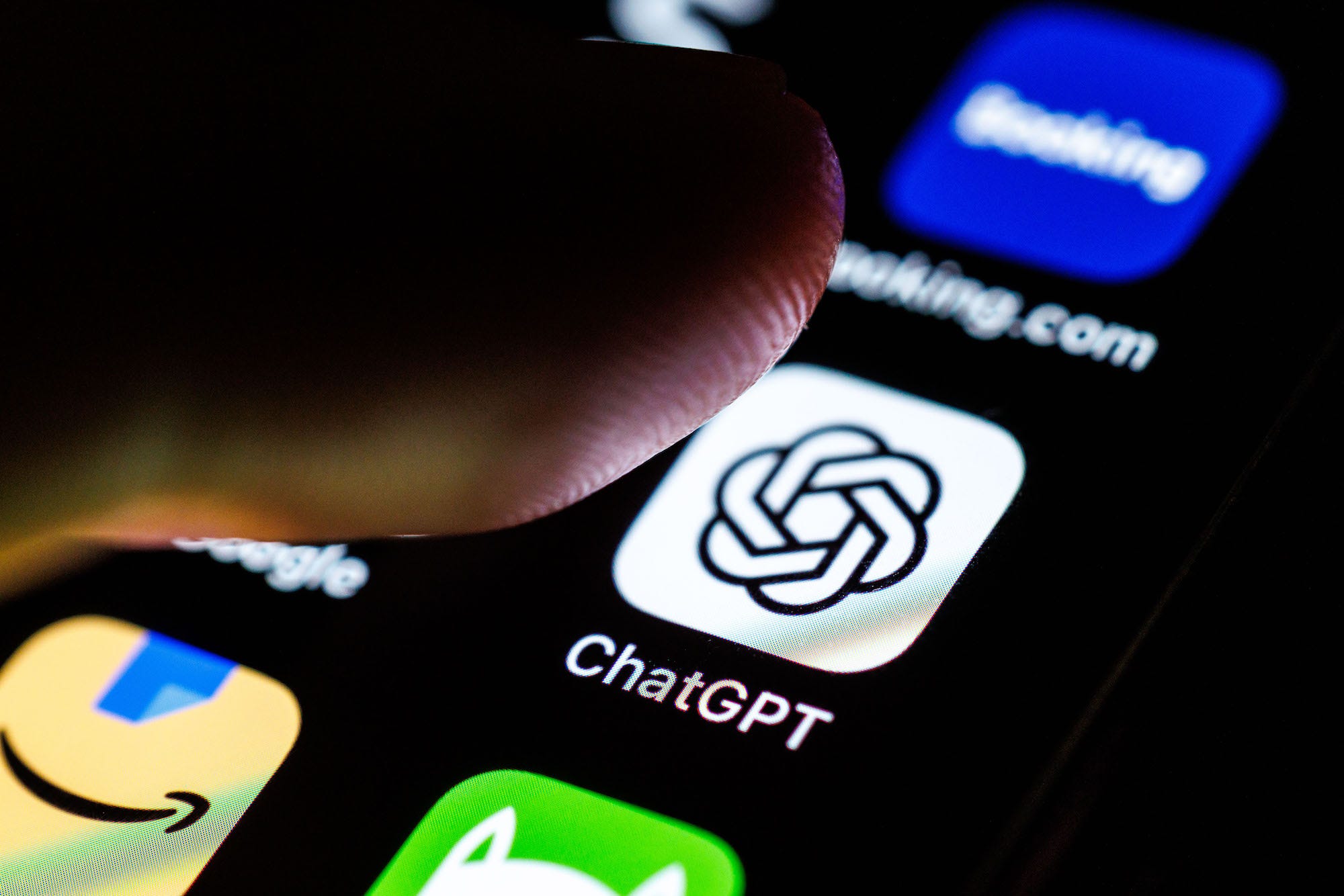
Matthias Balk/Picture Alliance via Getty Images
- OpenAI’s Economic Research team released a report on ChatGPT use.
- The company says it’s the largest study to date of how people are using ChatGPT.
- The report sheds light on who’s using the chatbot — and how they’re using it.
OpenAI has released what it says is the largest report on ChatGPT use yet.
It offers new insights into who’s using the popular AI chatbot — and what they’re using it for.
The 64-page study, conducted by the company’s economic research team and published as a working paper with the National Bureau of Economic Research, is based on over 1.5 million chat messages from about 130,000 users sent between May 2024 and July 2025.
It found that ChatGPT’s user base has broadened over the last year, part of a trend that the company said “underscores our belief that access to AI should be treated as a basic right.” The paper has not yet been peer-reviewed.
The OpenAI study was based on users with consumer plans, rather than business, enterprise, or education plans.
Here are three of the biggest takeaways from the report.
A slight majority of ChatGPT users appear to be women
ChatGPT used to be dominated by men. But that’s no longer the case.
Among active ChatGPT users whose first names could be classified as masculine or feminine, a slight majority — 52% — were feminine as of July 2025.
That’s a significant change from the months after ChatGPT’s initial release in late 2022, when around 80% of active users had typically masculine names, according to the company.
There do appear to be some subtle differences in how men and women use ChatGPT.
The study found that users with feminine names were more likely to use it for writing and practical guidance, while users with masculine names were more likely to use it for technical help, seeking information, and multimedia uses.
Young people are dominating ChatGPT use
People under the age of 26 account for roughly half of ChatGPT use, according to the study.
Among users who report their age, 46% of messages came from users between the ages of 18 and 25. People under the age of 18 also use ChatGPT, but their messages were not included in the study.
Young people are generally less likely to use ChatGPT for work purposes than others.
The study found that there was a 22.5% chance that a message from a user between 18 and 25 was work-related. That’s a lower percentage than every other age group included in the study except for those aged 66 and above, who had a 16.1% likelihood that a given message was work-related.
Among users between 36 and 45, there was a 31.4% chance that a message was work-related, the highest of any age group.
People use ChatGPT more for advice and information than for carrying out tasks
Overall, the study found that ChatGPT users were more likely to use the chatbot as an advisor or a research assistant than for carrying out tasks.
The study classified 49% of messages as “asking,” which includes prompts ranging from straightforward questions seeking factual information to seeking advice.
Forty percent of messages were classified as “doing,” which encompasses things like asking the chatbot to draft an email, create a list, extract data from a document, and more.
And 11% of messages were labeled “expression,” which is “when the user is expressing views or feelings but not seeking any information or action,” according to the study.
Among the subset of people using ChatGPT consumer accounts for work, 56% of messages were classified as “doing.” Among consumer users, 70% of usage was not work-related.
Read the original article on Business Insider
The post 3 things we learned from OpenAI’s report on how people use ChatGPT appeared first on Business Insider.




